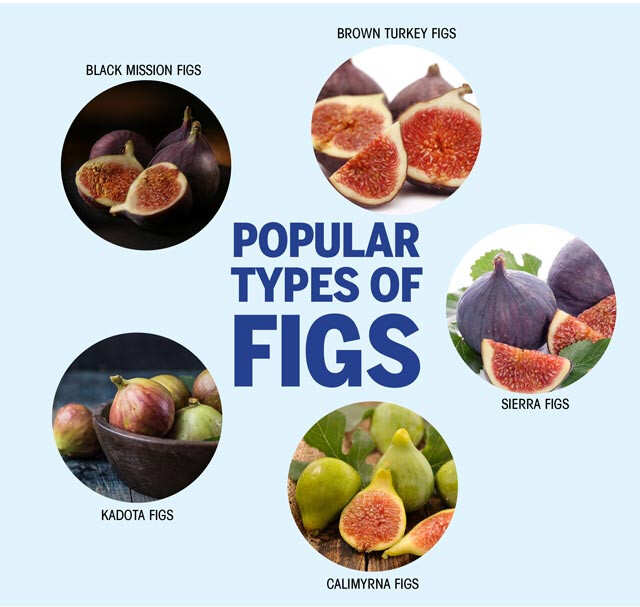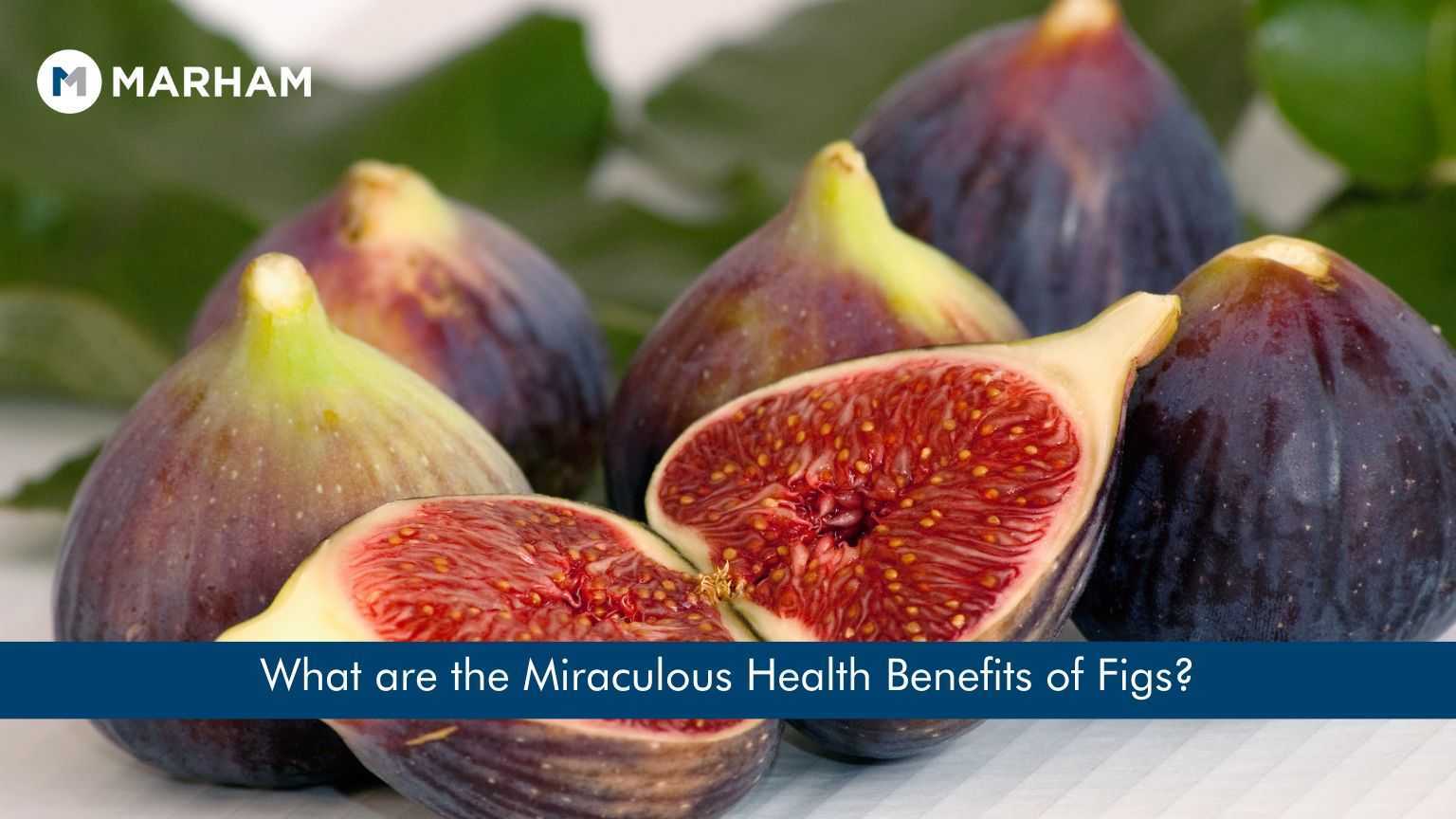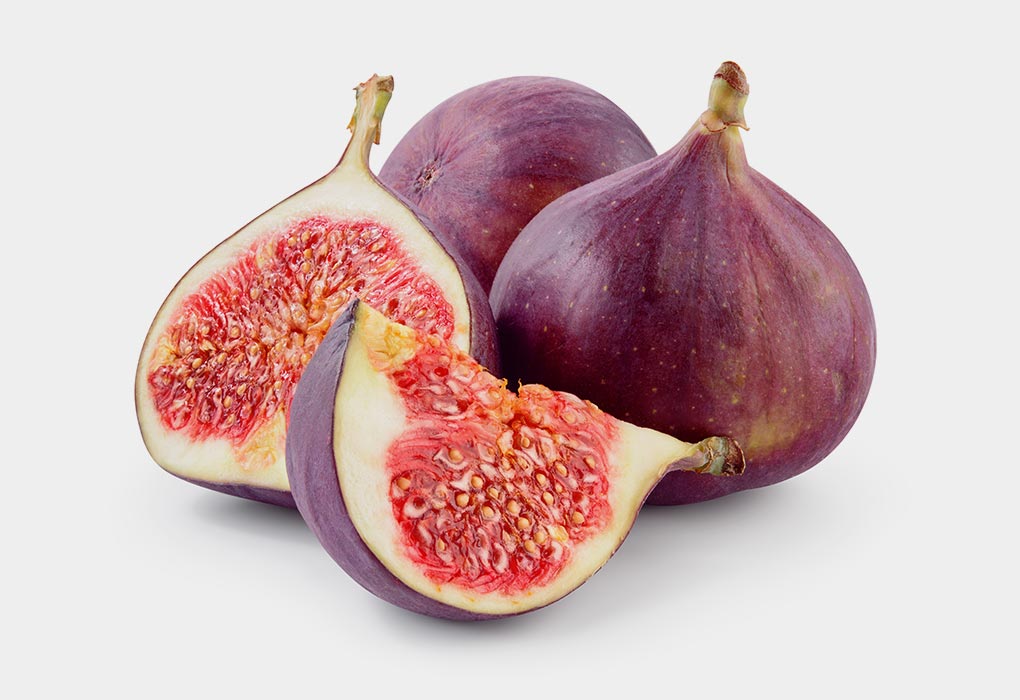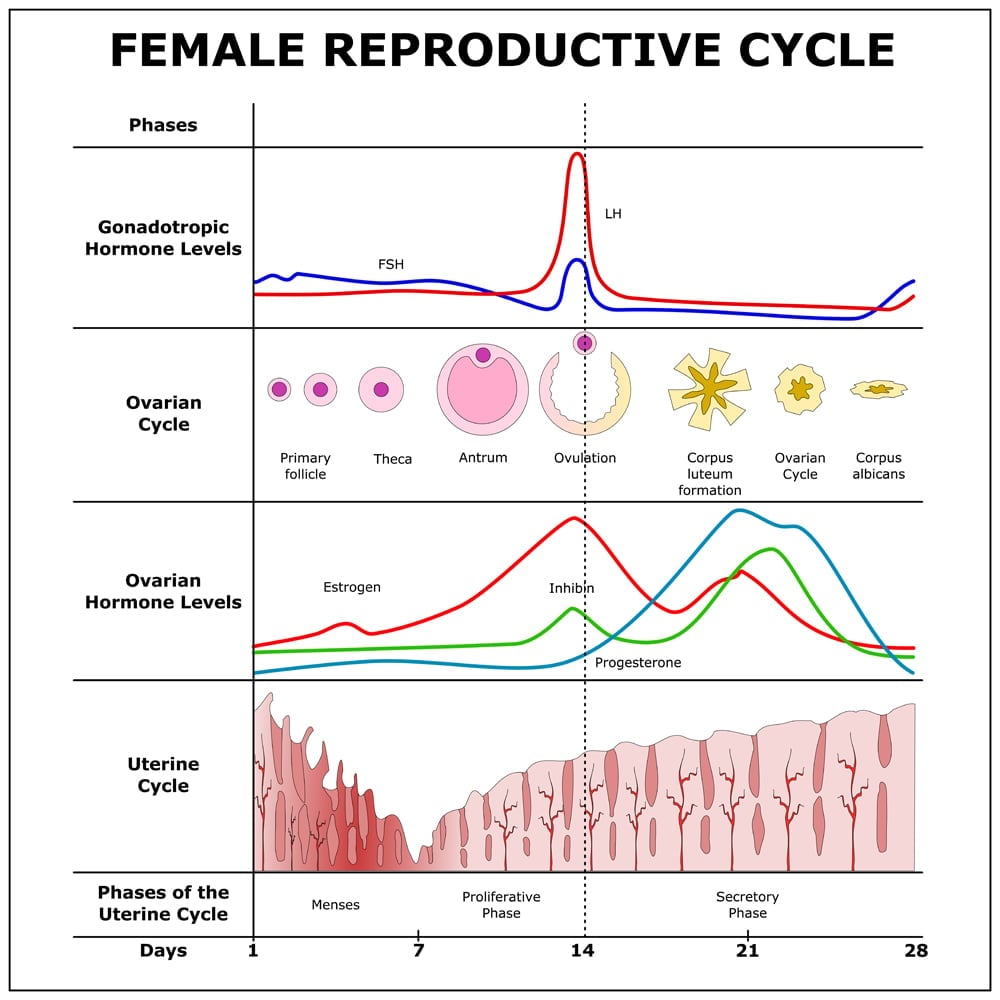Figs: A Natural Ally for Female Reproductive Health
Figs, often overlooked in favor of more popular fruits, have a long history as a traditional remedy for various health issues. Recent research has shed light on the potential benefits of figs for female fertility, making them an attractive addition to a balanced diet. This article explores the advantages of figs for female reproductive health and how they can contribute to overall fertility.
Phytochemical Composition of Figs: The Keys to Fertility Enhancement
Figs are a treasure trove of beneficial phytochemicals, including antioxidants, vitamins, and minerals, which can significantly impact female fertility. Antioxidants, in particular, play a crucial role in reducing oxidative stress and improving egg quality. The high antioxidant content in figs helps neutralize free radicals, which can damage cells and hinder reproductive health.
Vitamins such as A, E, and K, found abundantly in figs, contribute to various aspects of female fertility. Vitamin A supports healthy embryonic development, while vitamin E helps maintain a robust immune system and cellular function. Vitamin K, essential for blood clotting and bone health, also plays a role in hormonal balance, which is vital for optimal fertility.
Furthermore, figs contain essential minerals like magnesium, calcium, and potassium, which support reproductive health. Magnesium, for instance, aids in hormonal regulation and ovulation, while calcium and potassium contribute to maintaining a healthy uterine environment. By incorporating figs into a balanced diet, women can reap the benefits of these vital nutrients and enhance their overall reproductive health.
How Figs Support Hormonal Balance in Women
Hormonal balance is crucial for optimal female fertility, and figs can contribute to this balance thanks to their rich nutritional profile. Two essential nutrients found in figs, vitamin K and magnesium, play significant roles in maintaining hormonal equilibrium.
Vitamin K, found in high concentrations in figs, is essential for blood clotting and bone health. However, it also plays a vital role in hormonal balance by aiding in the synthesis of sex hormones, such as estrogen and testosterone. Adequate vitamin K levels can help ensure a healthy hormonal environment, which is crucial for reproductive health.
Magnesium, another essential nutrient present in figs, is involved in various biochemical reactions in the body, including hormonal regulation. Magnesium helps regulate the production and metabolism of hormones, including estrogen, progesterone, and androgens. By maintaining optimal magnesium levels, women can support a balanced hormonal state, which is vital for regular ovulation and overall reproductive health.
Incorporating figs into a balanced diet can help women achieve and maintain hormonal balance, supporting their reproductive health and overall well-being. However, it is essential to remember that hormonal balance is influenced by various factors, including stress, sleep, and exercise. Therefore, maintaining a consistent diet and lifestyle habits is crucial for optimal fertility.
Improving Ovarian Function with Figs
Figs have shown promise in enhancing ovarian function, thanks to their nutritional profile and potential impact on follicular development and egg quality. A study published in the Journal of Reproduction and Development suggested that fig extract consumption improved follicular development in rats, indicating a potential benefit for human ovarian function.
The antioxidants present in figs, such as flavonoids and polyphenols, may contribute to this effect by reducing oxidative stress and protecting cells from damage. Improved ovarian function can lead to better follicular development and egg quality, increasing the chances of conception and a healthy pregnancy.
However, it is essential to remember that figs should be consumed as part of a balanced diet to support overall reproductive health. Regular consumption of figs, along with a variety of other fruits, vegetables, whole grains, lean proteins, and healthy fats, can help create an environment conducive to optimal ovarian function and female fertility.
The Role of Figs in Regulating Menstrual Cycles
Regulating menstrual cycles is crucial for female fertility, as it ensures timely ovulation and increases the chances of conception. Figs can play a role in promoting regular menstrual cycles due to their nutritional content and potential impact on hormonal balance.
A consistent diet, including figs, can help support a regular menstrual cycle by providing essential nutrients that contribute to hormonal regulation. Figs contain vitamins and minerals, such as vitamin K and magnesium, which can aid in maintaining a healthy hormonal environment. Moreover, figs’ fiber content can help regulate estrogen levels by promoting the excretion of excess hormones, which can contribute to a more consistent menstrual cycle.
In addition to a balanced diet, maintaining a healthy lifestyle with regular exercise, stress management, and adequate sleep can further support menstrual cycle regularity. By incorporating figs into a well-rounded diet and adopting a consistent lifestyle, women can create an optimal environment for reproductive health and increase their chances of conception.
Incorporating Figs into a Fertility-Boosting Diet
Integrating figs into a balanced, fertility-boosting diet can be both enjoyable and beneficial. Rich in essential vitamins, minerals, and antioxidants, figs can complement other nutrient-dense foods to support female reproductive health.
Here are some practical tips for incorporating figs into your diet:
- Add fresh or dried figs to oatmeal, yogurt, or cereal for a nutritious breakfast or snack.
- Create a fruit salad with a variety of antioxidant-rich fruits, including figs, to enjoy as a dessert or snack.
- Stuff figs with almonds, walnuts, or goat cheese for a delicious and satisfying snack or appetizer.
- Use figs as a natural sweetener in smoothies, sauces, or baked goods.
- Pair figs with lean proteins, such as chicken or turkey, for a balanced and flavorful meal.
Remember, a balanced diet and regular exercise are crucial for overall health and fertility. By incorporating figs and other nutrient-rich foods into your diet, you can contribute to a healthy reproductive environment and support your body on its journey to conception.
Additional Nutritional Support for Female Fertility
While figs offer numerous benefits for female fertility, it is essential to consider other nutrients and foods that can complement their effects and contribute to overall reproductive health. Here are some key nutrients and foods to incorporate into a balanced, fertility-boosting diet:
Omega-3 fatty acids
These essential fats, found in foods like fatty fish, walnuts, and chia seeds, support reproductive health by reducing inflammation and promoting healthy cell function. They also play a crucial role in fetal brain development during pregnancy.
Vitamin D
Vitamin D is vital for hormonal balance, immune function, and bone health. Low vitamin D levels have been linked to fertility issues in both men and women. Incorporate vitamin D-rich foods, such as fatty fish, egg yolks, and fortified dairy products, into your diet.
Folate
Folate, or vitamin B9, is crucial for DNA synthesis and cell division. Adequate folate intake can help prevent birth defects and support overall reproductive health. Foods rich in folate include leafy greens, legumes, and fortified cereals.
Zinc
Zinc is an essential mineral for reproductive health, as it supports hormonal balance, egg development, and sperm production. Foods high in zinc include oysters, beef, pumpkin seeds, and chickpeas.
Selenium
Selenium plays a role in antioxidant protection, immune function, and thyroid health. It also supports sperm production and motility. Incorporate selenium-rich foods, such as brazil nuts, tuna, and eggs, into your diet.
By combining the fertility benefits of figs with these additional nutrients and foods, you can create a comprehensive, balanced diet that supports optimal reproductive health and increases the chances of conception.
Precautions and Considerations for Consuming Figs
While figs offer numerous health benefits, it is essential to be aware of potential concerns and precautions when incorporating them into your diet:
- Allergies: Some individuals may be allergic to figs, experiencing symptoms such as itching, swelling, or difficulty breathing. If you suspect a fig allergy, consult a healthcare professional.
- Interactions with medications: Figs contain high levels of fiber, which can affect the absorption and effectiveness of certain medications. Consult a healthcare professional if you are taking medications and plan to consume figs regularly.
- Excessive consumption: Consuming large quantities of figs may lead to digestive issues, such as bloating, gas, or diarrhea, due to their high fiber content. Consume figs in moderation and increase your intake gradually to avoid digestive discomfort.
- Fertility treatments: If you are undergoing fertility treatments, consult your healthcare professional before adding figs or any other supplements to your diet. They can provide personalized advice based on your unique situation and treatment plan.
As with any dietary change, it is crucial to consult a healthcare professional before making significant adjustments, especially if you have pre-existing health conditions or concerns related to fertility. A healthcare professional can provide personalized advice and guidance based on your unique needs and circumstances.









